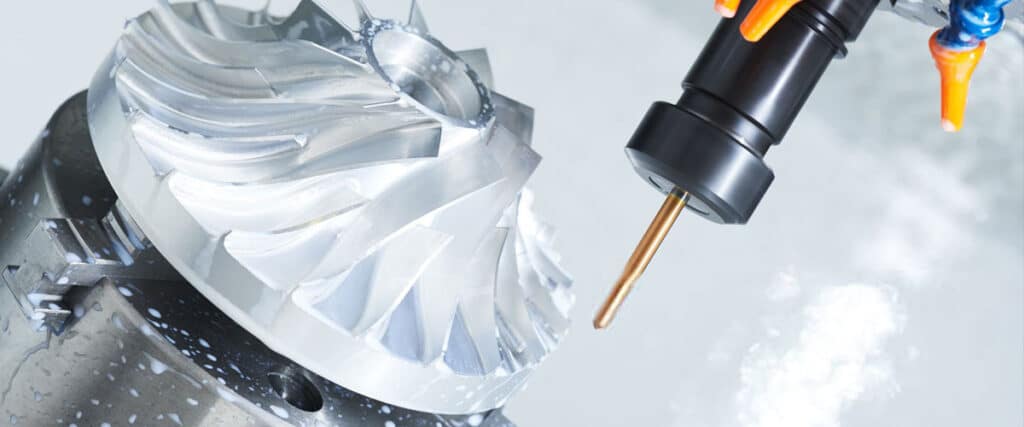
Top 5 Benefits of CNC Machining for Modern Manufacturing
CNC machining has become a cornerstone of modern manufacturing due to its numerous advantages. Here are the top five benefits that make CNC machining an essential part of contemporary production processes.
1. Precision and Accuracy
CNC machines operate with remarkable precision, producing parts with tight tolerances that would be difficult to achieve with manual methods. The use of computer programming allows for exact control over machining operations, ensuring each part meets precise specifications. This level of accuracy is crucial for industries like aerospace, automotive, and medical devices, where precision is paramount.
2. Consistency and Repeatability
One of the standout benefits of CNC machining is its ability to produce identical parts consistently over large production runs. Once a design is programmed into the CNC machine, it can reproduce the same part with minimal variation. This consistency reduces errors, lowers waste, and ensures uniform quality across all produced parts, which is essential for maintaining product standards.
3. Efficiency and Speed
CNC machines are capable of operating at high speeds, significantly reducing production times compared to manual machining. Automated tool changers and multi-axis capabilities allow for complex parts to be manufactured in a single setup, further enhancing efficiency. This speed and efficiency are critical for meeting tight deadlines and increasing overall productivity.
4. Versatility and Flexibility
CNC machines can work with a wide range of materials, including metals, plastics, and composites. They are also highly adaptable, capable of performing various operations such as drilling, milling, turning, and cutting. This versatility allows manufacturers to produce a diverse array of parts and components, from simple to highly complex geometries, using a single machine.
5. Cost-Effectiveness
While the initial investment in CNC machinery can be high, the long-term cost savings are substantial. The automation of processes reduces the need for manual labor, lowers the risk of human error, and minimizes material waste. Additionally, the ability to produce parts quickly and consistently reduces overall production costs, making CNC machining a cost-effective solution for both prototyping and large-scale manufacturing.
In conclusion, CNC machining offers unparalleled benefits in terms of precision, consistency, efficiency, versatility, and cost-effectiveness. These advantages make it a vital tool in the arsenal of modern manufacturers, enabling them to produce high-quality parts and components that meet the rigorous demands of today’s industries.